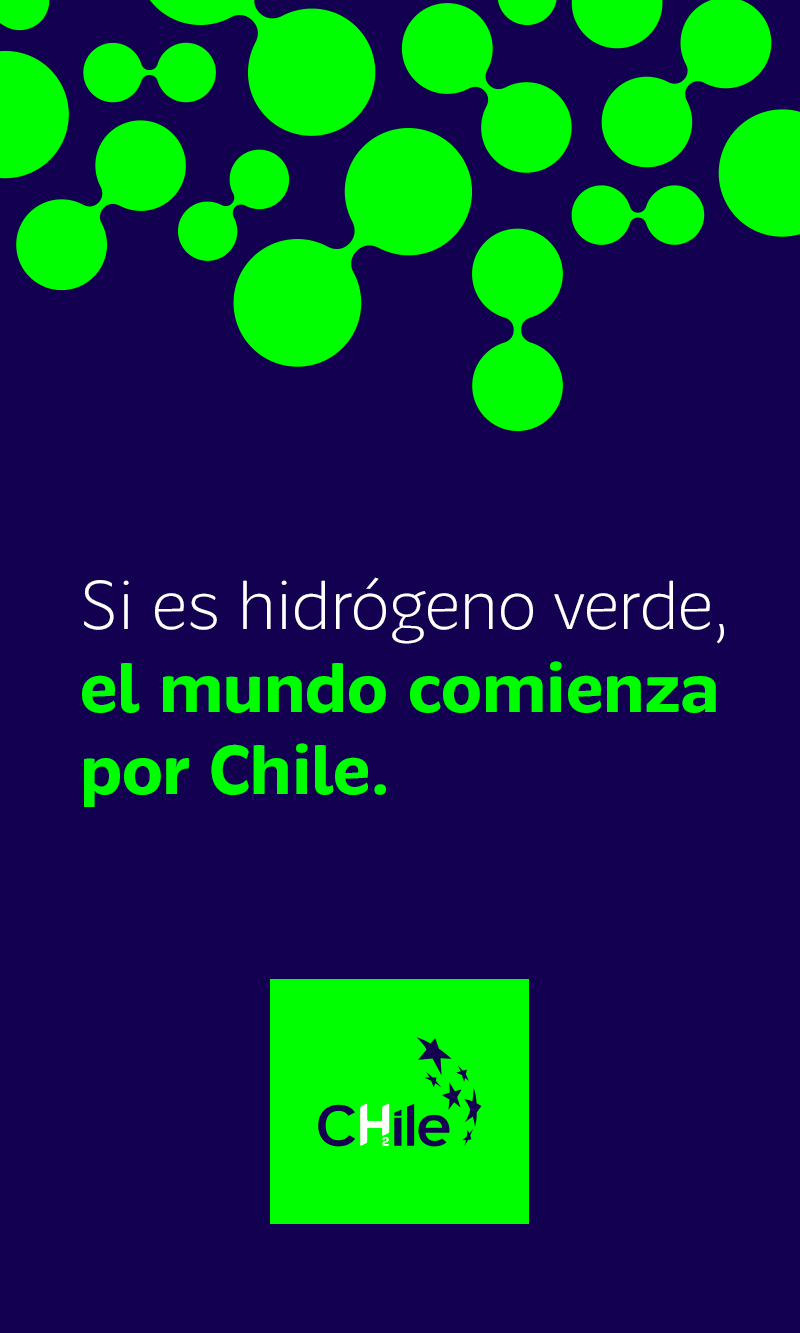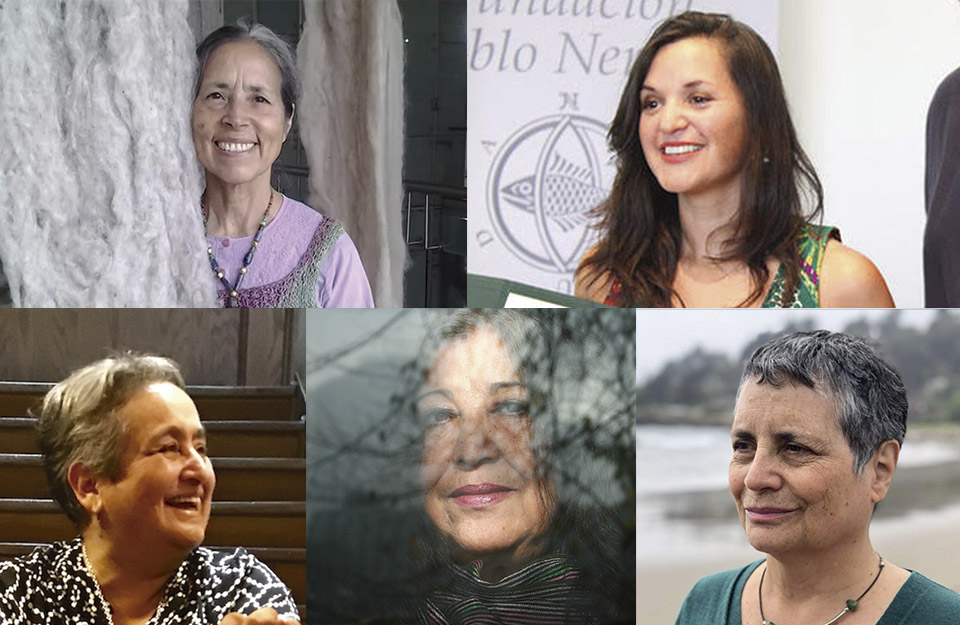
In the framework of Women's Month and Poetry Day, we highlight five Chilean referents who are leaving the country's name at the top. We talked to some of them about the collective spirit and other characteristics that unite the national poets.
However, before continuing with the list it is important to know in what current scenario the female literary world is in Although today we no longer have exponents such as Marta Brunet or María Luisa Bombal, the following generations maintain a link between their texts that highlights the Pablo Neruda Award-winning writer, Rosabetty Muñoz. "What happens with women who are writing today, from my experience, is solidarity and collective spirit. A certain way of working from not having the recognition that is due to each of the works, so the ties between us are given of reinforcement, of fraternity", explained the poet.
For her part, Chilean writer Soledad Fariña is quite optimistic about the "excellent" scenario of literature, pointing out that today there are "many women writing, publishing, being translated and winning prizes here and abroad". In addition, Fariña assures that the union that exists among women in literature "was born with the intention of supporting each other, to read each other in a difficult journey with the attack on our productions by academics, critics and male authors". "We, the oldest ones, the ones who came out supporting each other after the congress (Congress of Latin American Women's Literature 1987), are always supporting and admiring what is coming, the expansion of these women writers towards new themes and forms," stressed the J.S. Guggenheim Foundation grantee.
The following is a list of five Chilean women poets who have earned worldwide recognition.
- Rosabetty Muñoz
Born in Ancud, Chiloé in 1960. Since graduating as a Spanish teacher, she has worked as a teacher in different educational establishments in Chiloé and has actively participated in the cultural development of southern Chile. She has published Canto de una oveja del Rebaño, Ediciones Ariel, Santiago (1981); En Lugar de Morir, Editorial Cambio (1987); Hijos, Editorial El Kultrún, Valdivia (1991); Baile de Señoritas, El Kultrún (1994); La Santa, historia de su elevación. Lom editions (1998); Sombras en el Rosselot, LOM editions (2002) Ratada , LOM editions (2005) En Nombre de Ninguna (El Kultrún editions, Valdivia, 2008 ); Hijos (Ofqui Editores, 2016); Ligia (LOM Ediciones, 2019); Técnicas para cegar a los peces (Técnicas para cegar a los peces) (Ediciones UV, 2019); Misión Circular (LUMEN, 2020); Santo Oficio (UDP Ediciones, 2020). La Voz de la Casa (Ediciones Universidad Católica del Maule, book released 2021) UCM, book on paper 2022.
He has received distinctions for his work, some of them are: Pablo Neruda Award, for his work as a whole (2000); Andes Foundation Scholarship (2000); National Book Council Award for Sombras en El Rosselot, as best unpublished work (2002); Regional Art and Culture Award (2012). Altazor Award 2013 for Polvo de Huesos (Bone Dust). Member of the Chilean Academy of Language (2014); Lifetime Achievement Award 2018 granted by Young Poets and Neruda Foundation. Manuel Montt Prize awarded by the University of Chile for the work Ratada (2018). Candidate for the National Literature Prize 2020. Critics Circle Award 2021 for the book Misión Circular (Lumen 2020) Santiago Municipal Award in poetry for the book Técnicas para Cegar a los Peces (2020-2021) Atenea Award 2021 for the book Santo Oficio. Jorge Teillier National Poetry Prize 2022.

- Soledad Fariña Vicuña
Born in Antofagasta in 1943. She studied Political and Administrative Sciences at the University of Chile; Philosophy and Humanities at the University of Stockholm; Sciences of Religion and Arab Culture at the University of Chile; Master's Degree in Literature at the University of Chile. Between 1973 and 1977 she was exiled in Sweden. She has published the books El Primer Libro, Santiago1985-Buenos Aires1991; Albricia, 1988-2010; En Amarillo Oscuro, 1994; Narciso y los Arboles, 2001; Otro cuento de pájaros, 1999-2021; La vocal de la tierra, Santiago, 1999- Madrid, 2007-Chiapas, 2019. Donde comienza el aire, 2006; Se dicen palabras al oído, Madrid, 2007; "El deseo hecho palabra", essays and articles, 2021. Translations: Now as we dance, version of poems by Sappho, 2012. Nanny Lugton's Curtain, Virginia Woolf, 2020. Mystical poems of al-Hallaj, (from French), 2021.
She co-founded Radio Tierra, a women's communication project, in 1991. She has taught children's literature at the University of Chile and has led creative writing workshops at Diego Portales University, Finis Terrae University, Universidad Mayor. He has participated in meetings, poetry festivals, book fairs and recitals in various cities in Chile, also in Valencia, Madrid, Barcelona, Soria, Washington, New York, La Paz, Medellin, Bogota, Guayaquil, Quito, Buenos Aires, Lima, Guadalajara, Mexico City, Morelia, Tuxtla, San Cristobal de las Casas. In 2006 she received a grant from the J.S. Guggenheim Foundation. In 2017 she was nominated for the Altazor Award. In 2018 she received the Lifetime Achievement Award from the Neruda Foundation. In 2022 she received the Municipal Literature Prize, Essay mention for her book "El deseo hecho palabra".
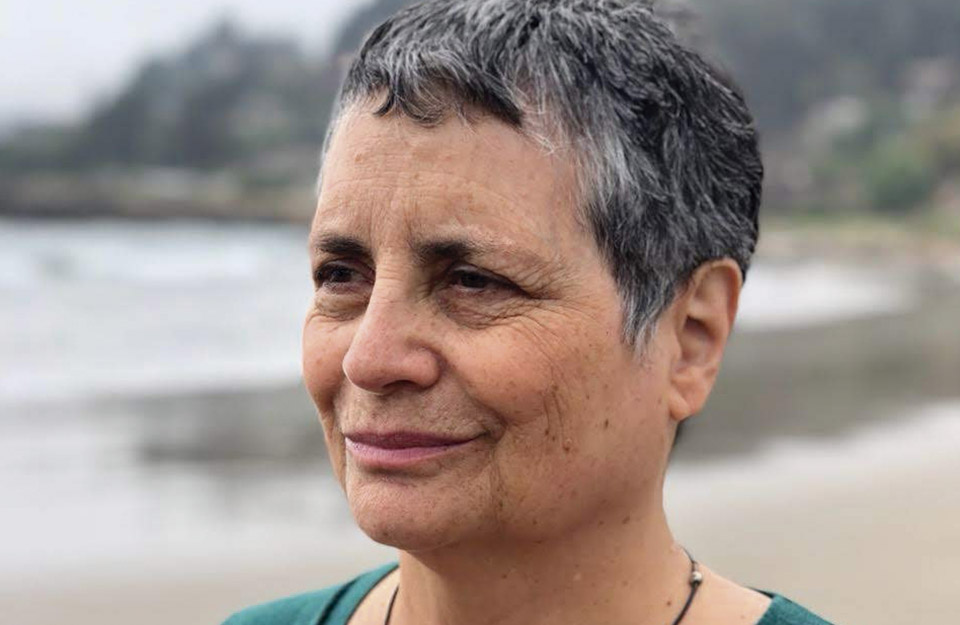
- Carmen Berenguer
She is a poet, chronicler and visual artist born in 1946 in Santiago, Chile. Her literary career began during the military dictatorship in the 1980s. She became one of the first poets to make visible the repression exercised by the regime of Augusto Pinochet, publishing her works: "Bobby Sands Desfallece en el Muro" (1983), "Huellas de Siglo" (1986) and "A Media Asta" (1988). His works show a social commitment, developing themes such as the city and its problems, with special emphasis on those related to politics and the market, the female gender and the signs that establish links between the body and language. In 1997 she was awarded the prestigious Guggenheim Fellowship with which she developed her well-known work "Naciste Pintada". Her career has earned her different international distinctions such as being the first Chilean winner of the Pablo Neruda Ibero-American Poetry Prize (2008), as well as participating in important literary events such as the International Congress of Latin American Women's Literature (1987) and the Guadalajara International Book Fair (2012).
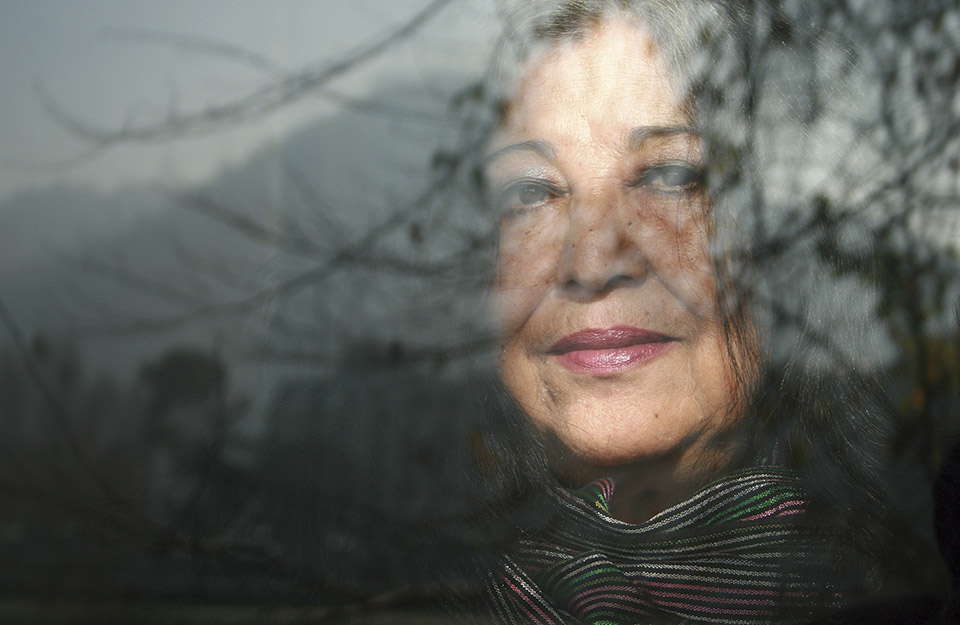
- Gloria Dünkler
Born in 1977 in Pucón, Araucanía Region, she comes from a family of artisans, musicians and fishermen. Her works deal with the first settlements of German colonists in the southern part of Chile, contrasting European and Mapuche culture. Among her most important poems are "Quilaco Seducido", Füchse von Llafenko (Foxes of Llafenko) and "Spandau", the latter of which would consolidate her as winner of the Municipal Literature Prize of Santiago. In 2015 she released her fourth collection of poems, "Yagatán", being awarded the following year with the Pablo Neruda Prize. Her writings have been translated into different languages (German, Polish, Catalan, among others) and her poems have appeared in Chilean and Argentine anthologies. She has represented Chile in different literary events such as the Larinale in Germany (2013) and the La Mar de Músicas Festival in Spain (2015).
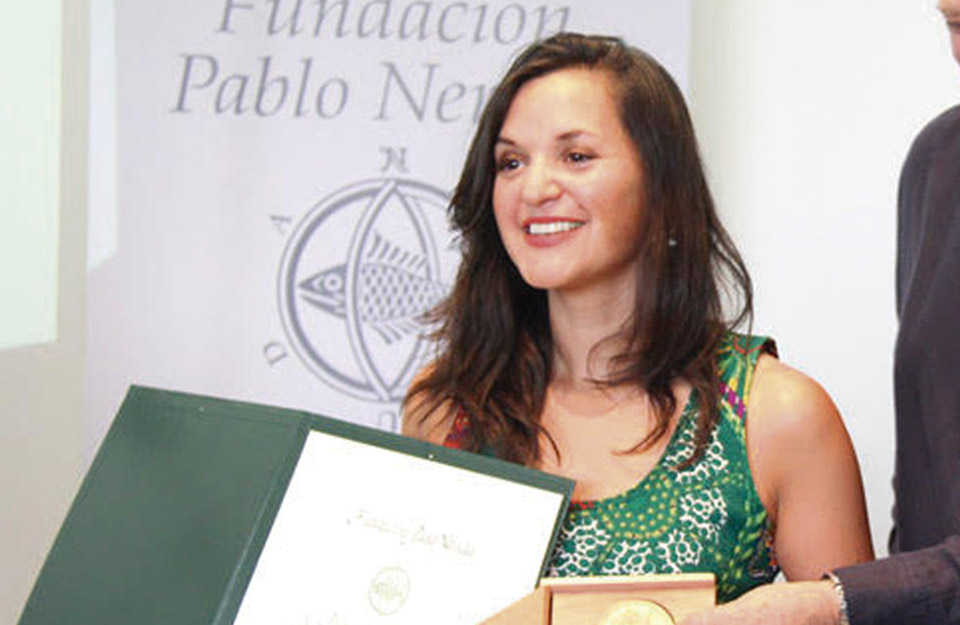
Photo: Pablo Neruda Foundation
- Cecilia Vicuña
Norma Cecilia Vicuña Ramírez was born in 1948 in Santiago into a family of artists and sculptors. She studied Plastic Arts Pedagogy at the University of Chile and later obtained a postgraduate degree at the University College of London, England, where she settled for several years after being forced to go into exile after the 1973 coup d'état. In 1967, at the age of 17, she founded Tribu No and wrote the "No Manifesto" together with literary figures such as Claudio Bertoni, Coca Roccatagliata, Marcelo Charlín and Francisco Rivera. During her time in exile she decided to move to Bogota, Colombia, where she would further develop her writing with an emphasis on politics and Chilean indigenous culture. In 1979, she participated in the national poetry contest Eduardo Coté Lamus, where she was denied a prize due to her erotic and revolutionary tone, a situation that would make her known in the public sphere of the coffee country. In 1992 she published her book Unravelling Words & the Weaving of Water, a fact that would help her to start her poetry performance tours at an international level in renowned institutions in Latin America, the United States and Europe. In 2022 she was awarded the Golden Lion for her career by the 59th Venice Art Biennale. In addition, three years earlier she won the Velázquez Prize for Visual Arts.
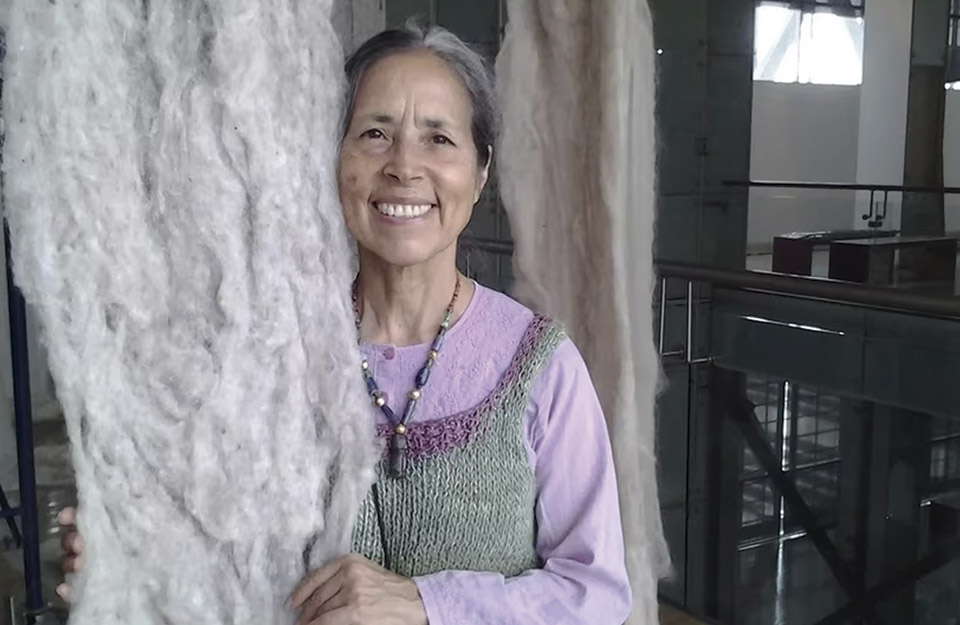
Photo: Infobae






